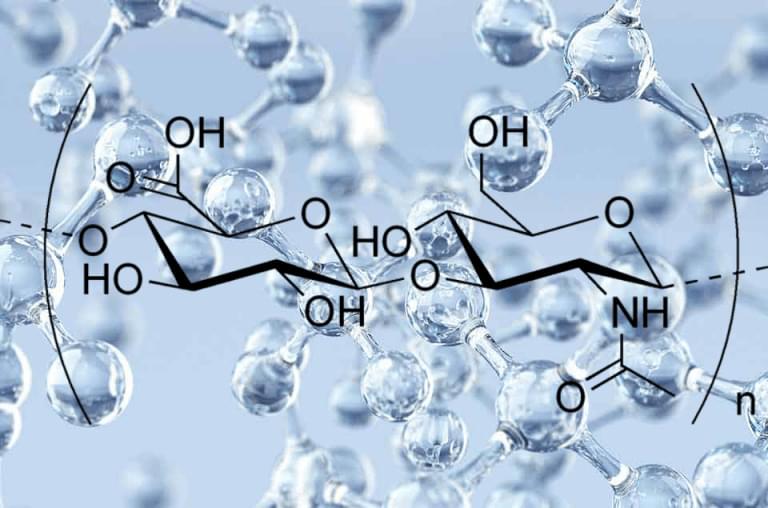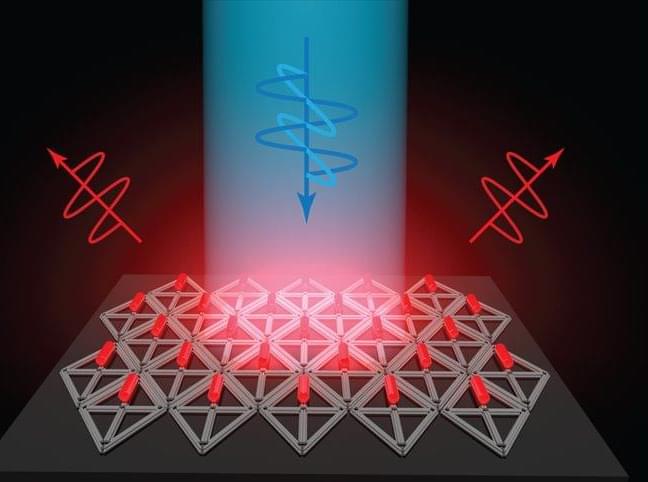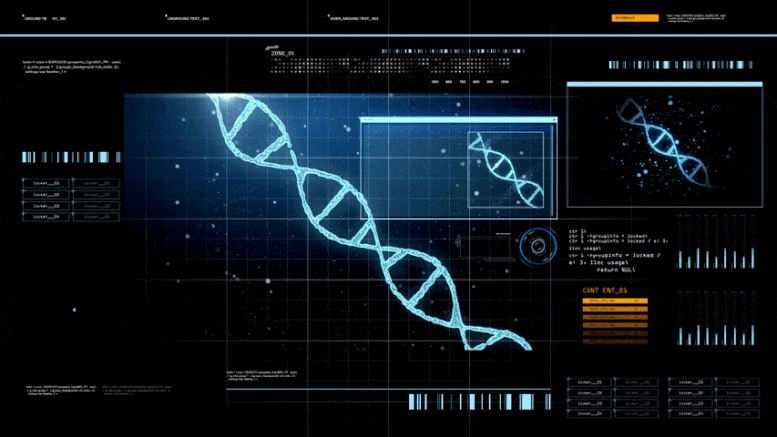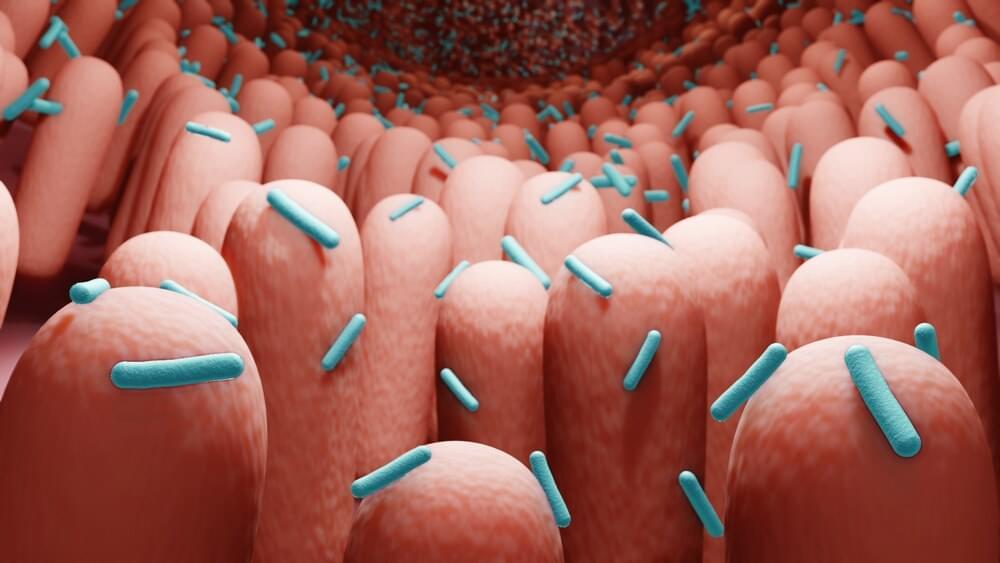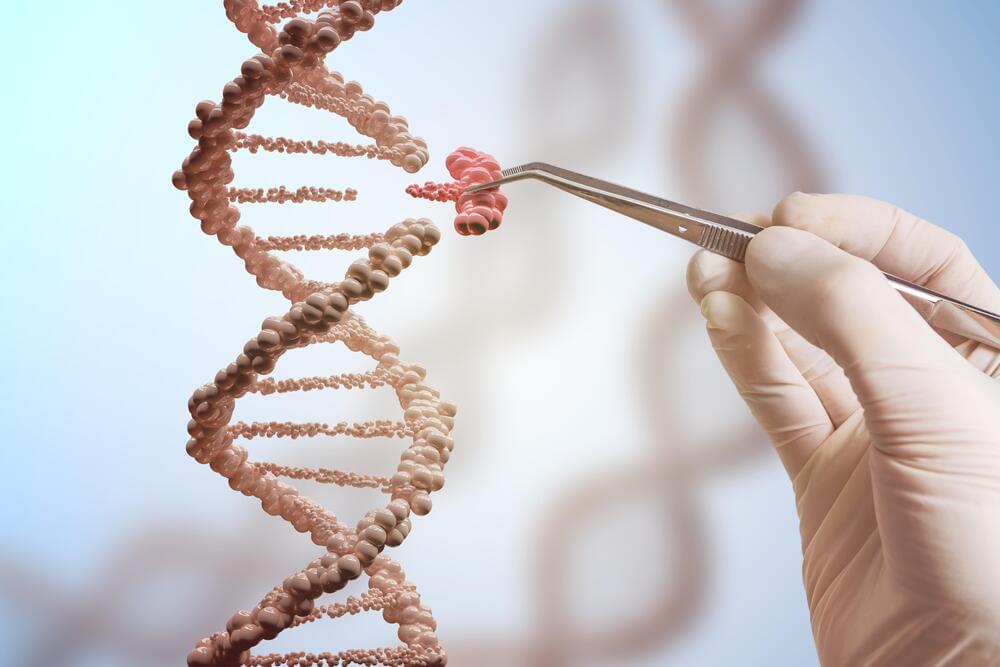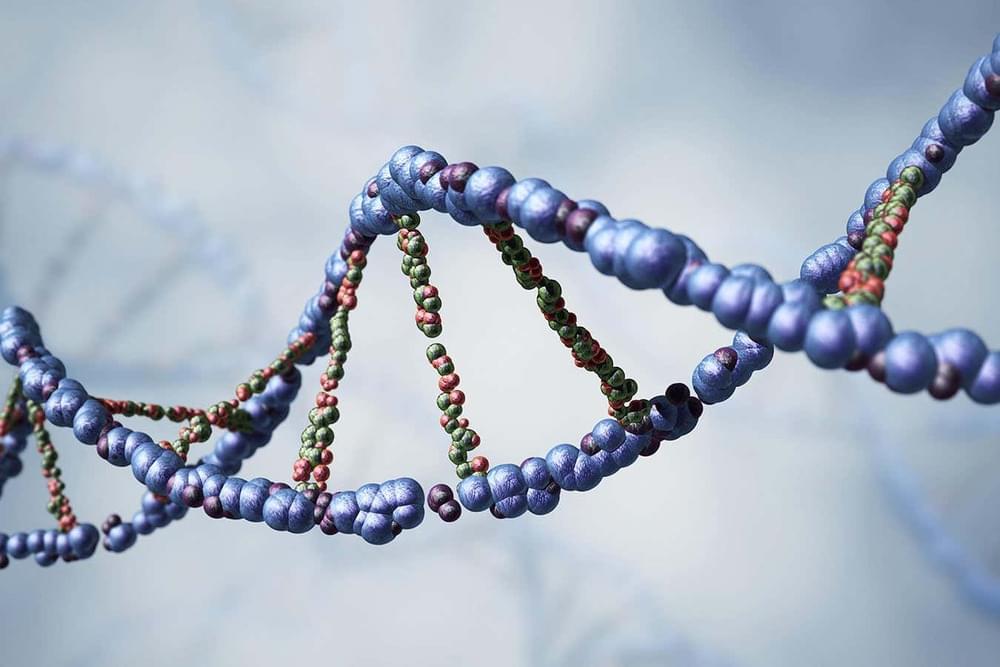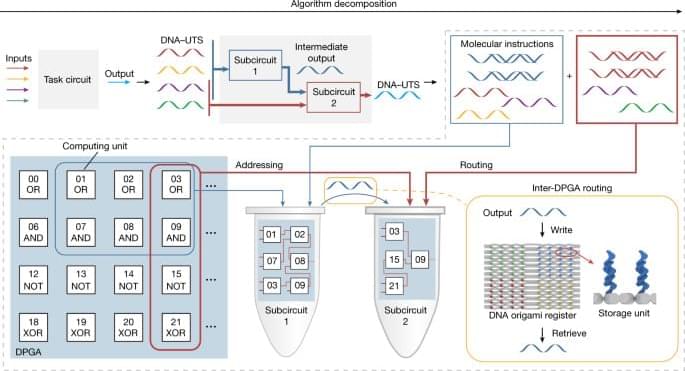Sep 14, 2023
Certain proteins in breast milk found to be essential for a baby’s healthy gut
Posted by Omuterema Akhahenda in categories: biotech/medical, evolution, health
Researchers have shown that high concentrations of key proteins in human breast milk, especially osteopontin and κ-casein, are associated with a greater abundance of two species of bacteria in the gut of babies: Clostridium butyricum and Parabacteroides distasonis, known to be beneficial for human health and used as probiotics. These results suggest that proteins in breast milk influence the abundance of beneficial gut microbes in infants, playing an important role in early immune and metabolic development
More than 320 million years of mammalian evolution has adapted breast milk to meet all the physiological needs of babies: it contains not only nutrients, but also hormones, antimicrobials, digestive enzymes, and growth factors. Furthermore, many of the proteins in breast milk, for example casein and milk fat globule membrane proteins, aren’t just sources of energy and molecular building blocks, but also directly stimulate immunity, at least under preclinical conditions.

